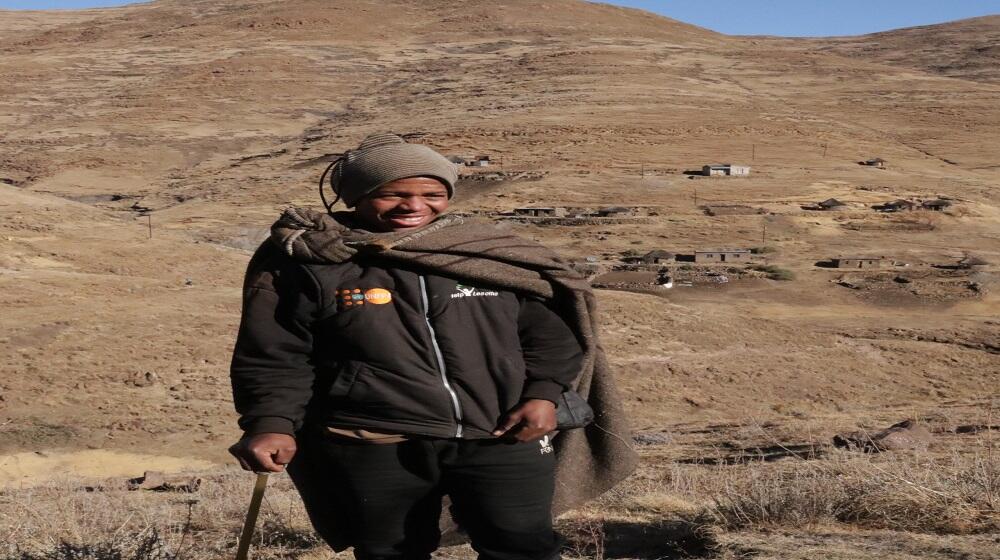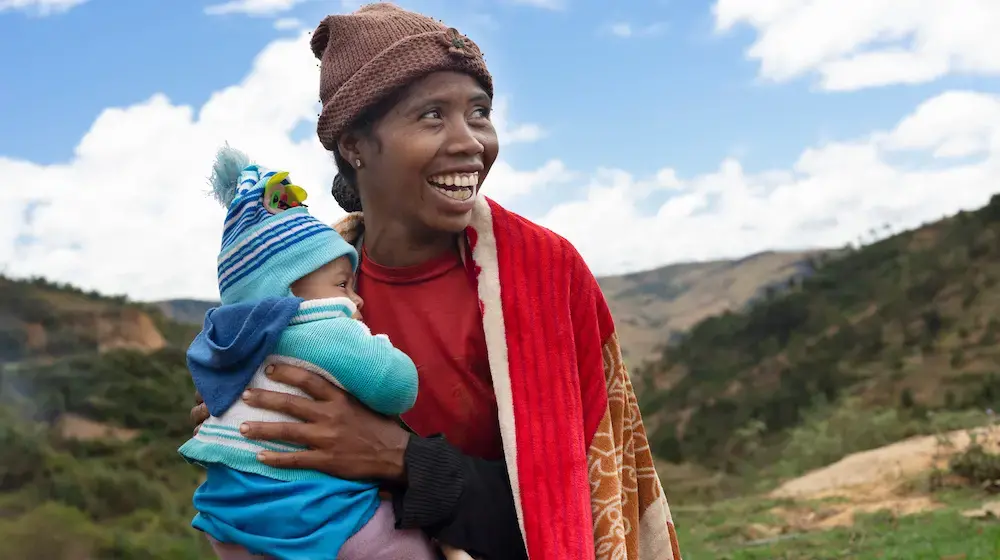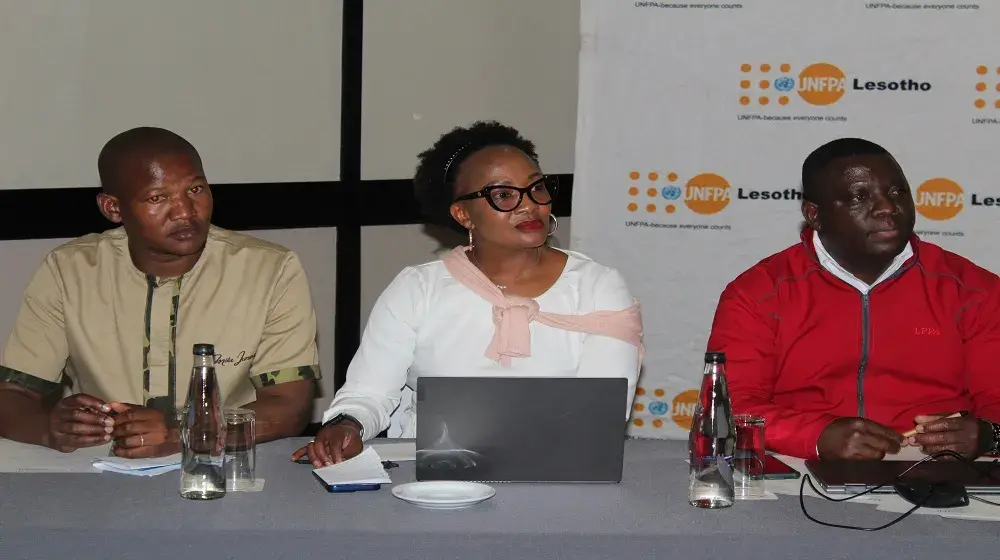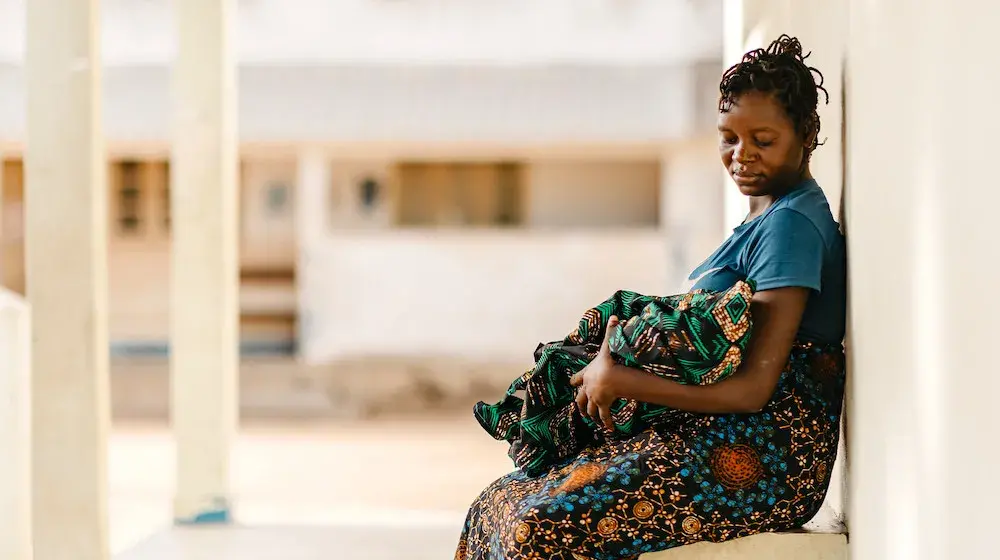Every morning Rantahli Mosae dons his gray blanket, typically worn by herdboys in Lesotho, to stave off the biting cold. Wearing a balaclava hat and his rubber boots, he sets off to tend to his family’s herd, carrying not just the weight of responsibility, but also a mission that transcends his pastoral duties.
Rantahli, a recent graduate of Lerotholi Polytechnic with a Diploma in Marketing Management, lives at Ha Labane, Mant’sonyane in the Thaba-Tseka district. While he expertly navigates the hilly terrain as a herd boy, he also serves as a peer educator, guiding his friends in discussions that delve into critical issues such as HIV prevention, Sexually Transmitted Infections (STIs), and Gender Based Violence (GBV).
Rantahli usually joins gathering spots where his peers often congregate, occasionally roasting corn and potatoes over an open flame. It is here, amidst laughter and the warmth of camaraderie, that he initiates conversations about sexual health. As he distributes condoms—a symbol of empowerment and protection—he also encourages dialogue about safety in sexual relationships.
“When we talk about sexual relations, that’s when they ask a lot of questions, giggle, and express their views,” he states. Such open engagement fosters an atmosphere where the young men feel safe to voice their uncertainties and thoughts on a topic often shrouded in secrecy.
Trained by Help Lesotho, through the financial support of UNFPA, the United Nations Population Fund, Rantahli brings critical knowledge to a community that desperately needs it. In a country where 86% of Basotho women are reported to have experienced some form of GBV in their lifetime and 67% of them through intimate partner violence, Rantahli’s efforts are plausible. He educates his peers on the importance of understanding and combatting GBV, emphasizing the repercussions of violence and the necessity of healthy relationships.
Asked about the extent of child marriage in his area, Rantahli chuckles a bit, “These people get married. They drop out of school and get married. since they marry when they are still very young, their marriages rarely last.” During the gatherings, he therefore also warns his peers about the pitfalls of such early commitments and advocates for the importance of staying in school.
Through UNFPA’s support, over the years around 5000 herd boys have been reached with GBV, Comprehensive Sexuality Education and HIV interventions as well as advocating for the rights of women and girls.
In addition, with new HIV cases at 5000 per year (LePHIA 2022), Rantahli’s work becomes even more vital. UNFPA ensures that peer educators like him have sufficient supplies of condoms and provides support for education and outreach programs to encourage their use.
As a major procurer of condoms globally, particularly in the context of efforts to combat HIV/AIDS and promote sexual and reproductive health, UNFPA emphasizes the importance of condom use as a key strategy in response to HIV/AIDS, alongside other interventions like education, testing, and treatment.
Through its crucial role in ensuring the availability of condoms as part of comprehensive sexual health programs aimed at preventing the transmission of HIV and other sexually transmitted infections (STIs), as well as reducing unintended pregnancies UNFPA ensures that no one is left behind and that even those in the remotest areas like Rantahli and his peers are able to access a condom that could save their lives.





